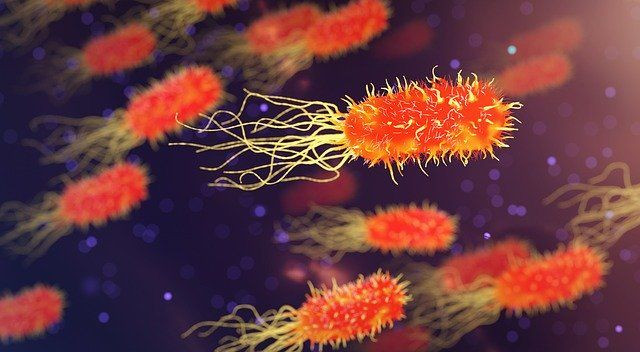Antibiotic Resistance: Rise Of Bacteria That Are Resistant To Antibiotics Alarms Medical Practitioners

Antibiotic resistance seems to create a growing problem among medical practitioners all over the world. Ailments that were once easy to treat have become unmanageable. Doctors explain that bacteria have slowly become resistant to antibiotics, causing a significant headache in the medical field.
As per the Andalou Agency’s report, the apparent reason behind the resistance of these bacteria is the misuse of many patients. Time and again, medical experts gave warnings with regards to the proper use of antibiotics. This means that they should only be taken when prescribed by a doctor.
According to a study made by the U.S. National Center for Biotechnology Information (NCBI) in 2016, before the 20th century, the life expectancy of a person was at 47. When antibiotics were introduced, the figure rose by almost half, reaching 80 years old.
Antibiotics Act Differently
According to a physician in Aksaray, central Turkey, Dr. Yeliz Demirci, “antibiotics are not painkillers.” However, there are still those who would use it to fight flu and cold, which is not supposed to be.
Demirci explained that ailments, which are caused by a virus, will not get treated when using antibiotics. These are not bacterial infections, which is why using antibiotics on them will not have any effect.
She further stressed that antibiotics must only be used for the right disease and at a properly given time. The doctor added that there is no antibiotic that could possibly cure all kinds of diseases. She explained that a specific type of antibiotic is designed to treat specific bacterium. As an example, she mentioned that an antibiotic, which is used to treat lung infection, could not be used to treat urinary tract infections.
Resistant Superbugs
When people incorrectly use antibiotics, the bacteria become “resistant” to subsequent treatments. The moment bacteria becomes resistant, the condition is now called as “antibiotic resistance.” Bacteria develop the ability to resist antibiotics. Hence, these bacteria, referred to as superbugs, can still grow and continue to infect even if the body already has antibiotics.
With superbugs, antibiotics become ineffective, and infectious diseases will continue to propagate without a cure. This is why medical practitioners today are bent on ensuring the proper use of antibiotics. Incorrect use will certainly have dangerous consequences.
© Copyright IBTimes 2025. All rights reserved.





















